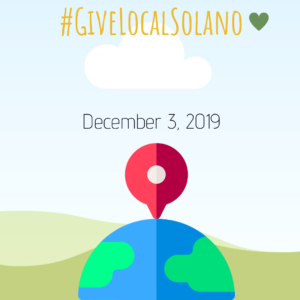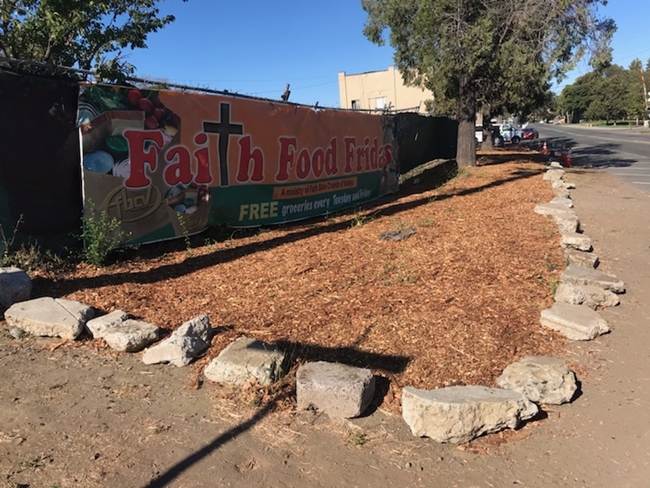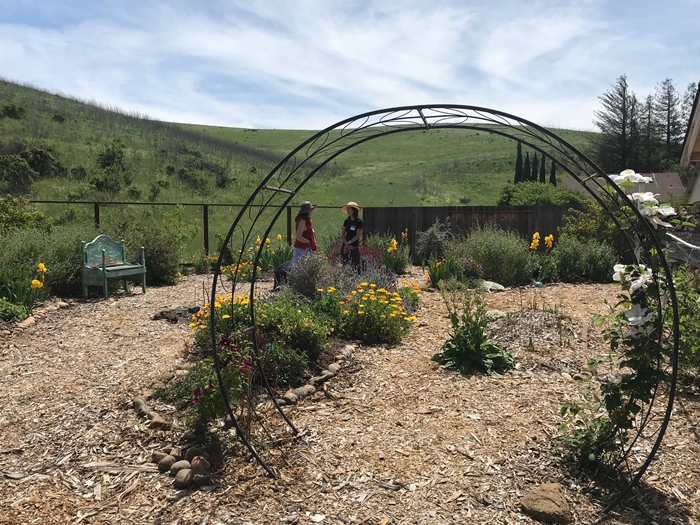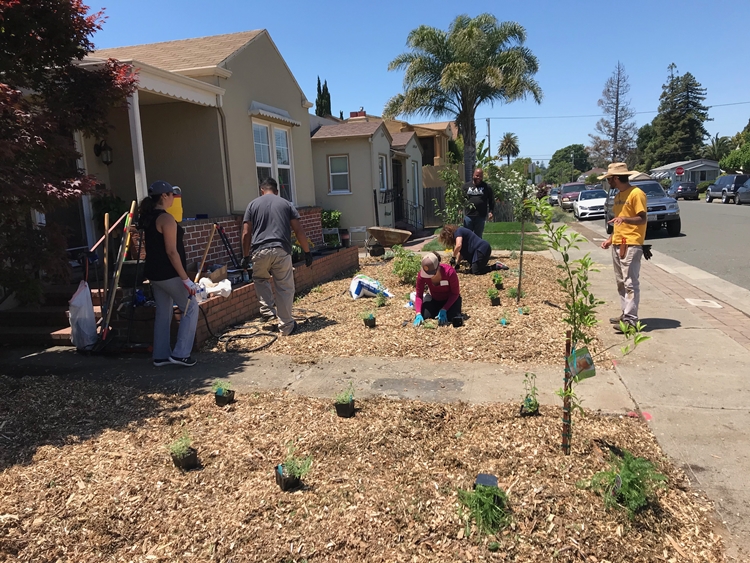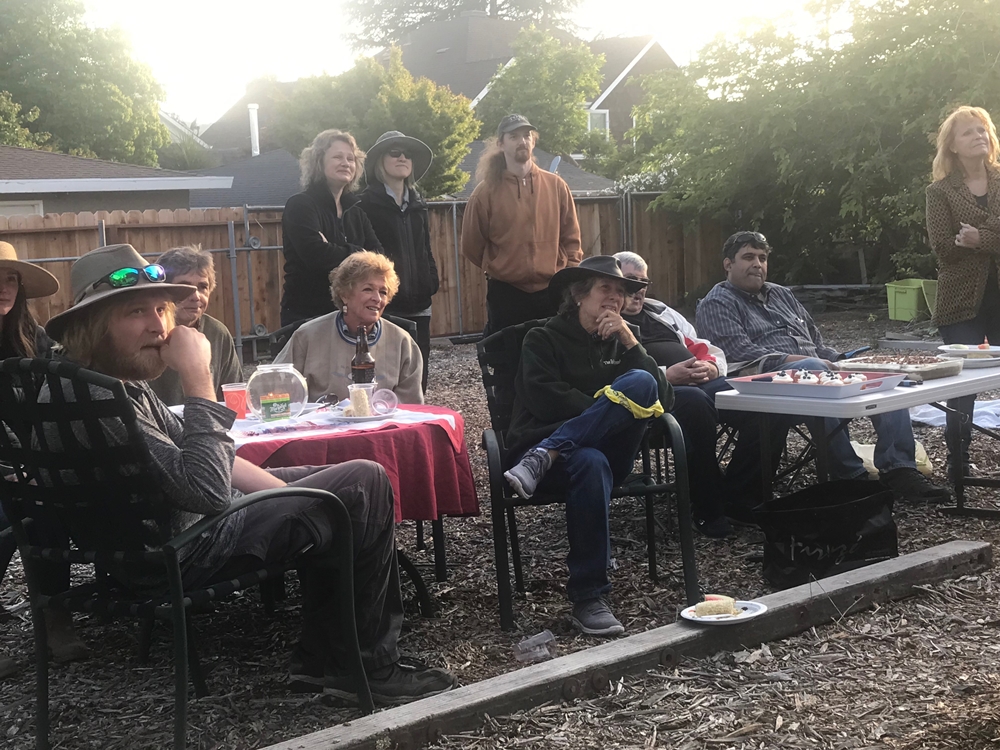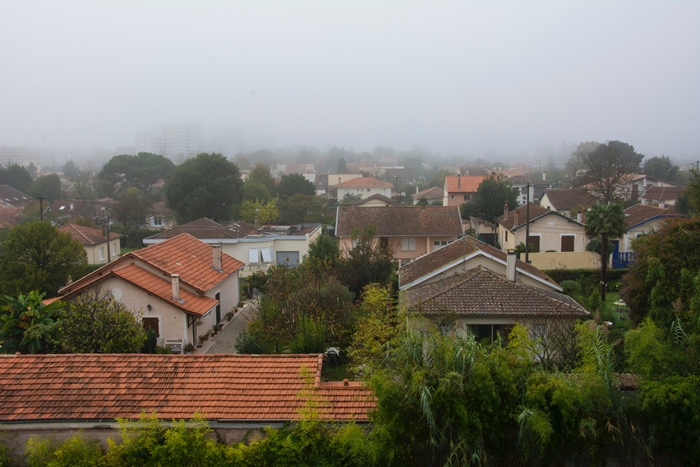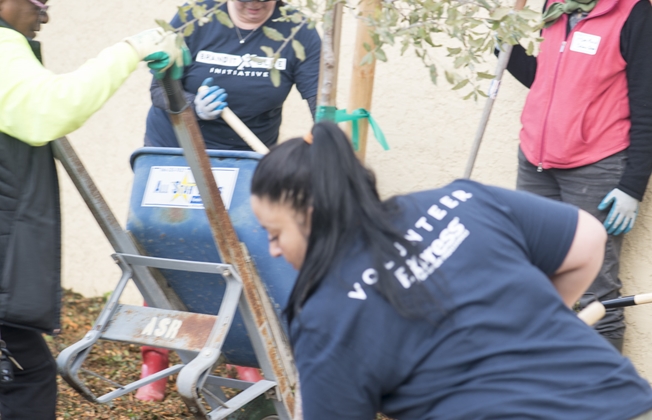This Giving Tuesday, Support Sustainable Solano Through Give Local Solano
By Sustainable Solano
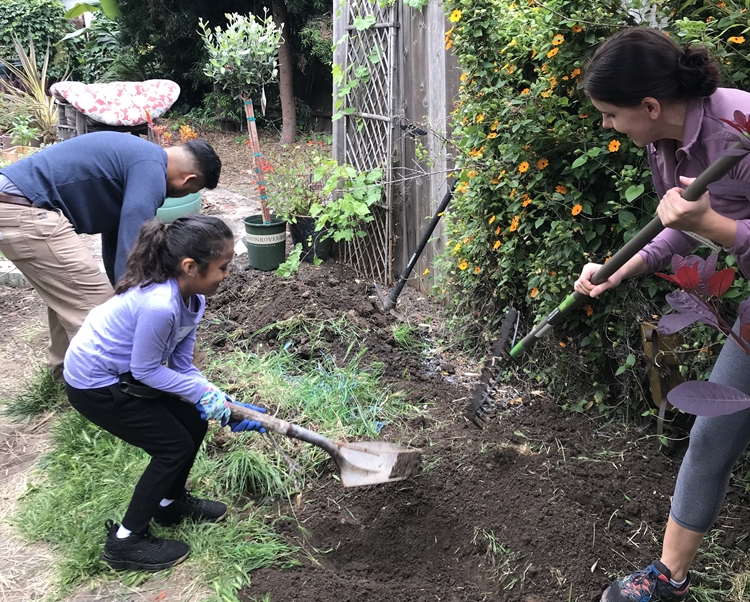
Sometimes the gifts we get at Sustainable Solano are the small moments that come out of the work we do. While our work is focused on effecting change within our communities to build resiliency and sustainable living, what happens on the human scale is much more personal:
- A woman getting to know neighbors and new friends while planning a resilient neighborhood.
- A man planting in a community garden recalling how his mother prepared certain vegetables during his childhood.
- Students researching and connecting with the food they grow on campus to send home for families.
- Farmers connecting in conversation to share practices and ideas.
During #GivingTuesday, Dec. 3, we invite you to become part of fostering that human connection in creating a world that works for everyone. Sustainable Solano is participating in this year’s Give Local Solano. The program gives you a chance to give to area nonprofits that are doing important work in the county. All donations go to the organizations selected, and 100% of the donation qualifies as a charitable gift. Here are more details on Give Local Solano.
While we have a Donate button at the top of our website for any time of year, Give Local Solano gives us a chance to highlight our programs with people who may not have heard of Sustainable Solano and the work we do. We hope those of you who know us, volunteer with us and have joined us for workshops will help spread the word — while every dollar will help bring more programs to the county, every new connection is someone who can help us grow and spread the important work we’re doing to create sustainable landscapes, shape resilient communities, provide education and support local food.
See Sustainable Solano’s profile and donate here on Dec. 3!
